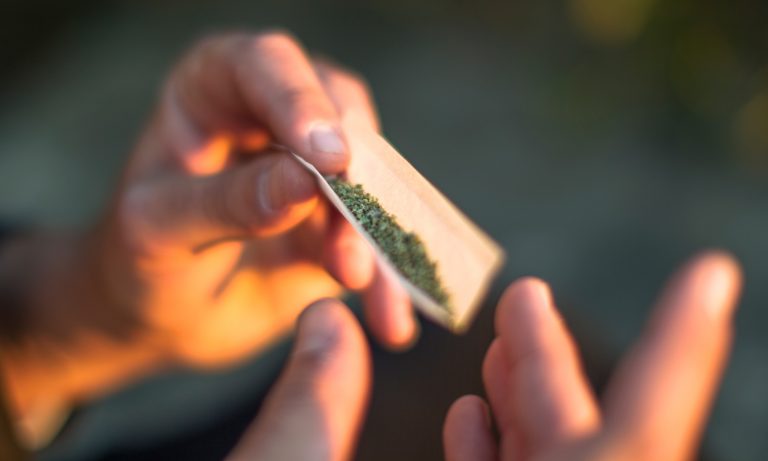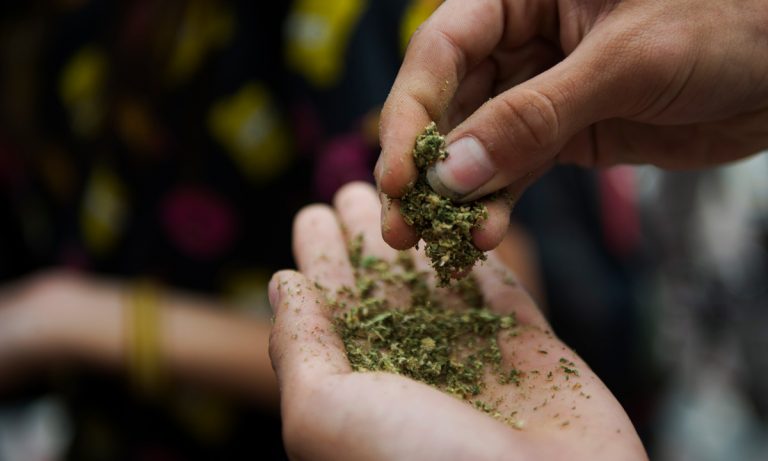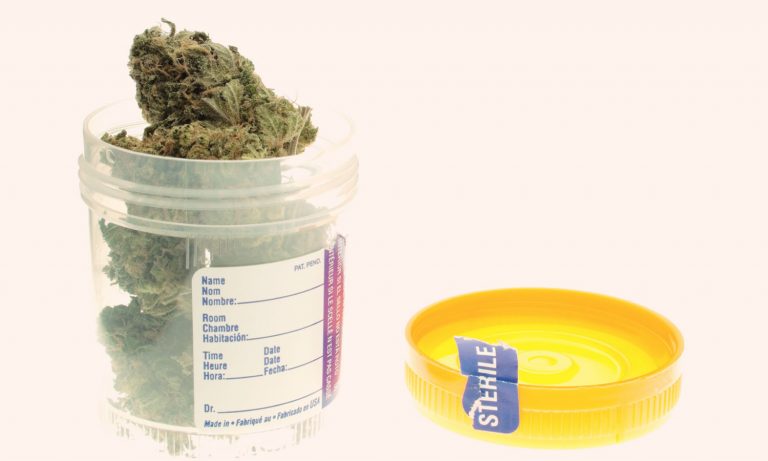As of 2018, legal cannabis was a nearly $11 billion industry, at least according to sales figures published by Arcview Market Research and BDS Analytics in their annual State of the Legal Cannabis Markets report. But according to Wall Street, it could be a $50 billion, $75 billion, or even $200 billion worldwide industry in a decade. This is what makes owning marijuana stocks so exciting.
But as is often the case, the best long-term investments aren't the companies with the largest market caps. Rather, it's the potentially undiscovered gems in the marijuana industry that are small caps or hovering well below Wall Street's radar that are liable to deliver the strongest long-term gains.
Using the most basic fundamental metric of all, the forward price-to-earnings (P/E) ratio, I screened for the cheapest pot stocks currently trading for less than $5 a share. Ultimately, five emerged as having a lower forward P/E ratio than the broad-based S&P 500, despite a considerably faster long-term growth rate.
Valens GroWorks: Forward P/E ratio of 8.7
Don't be fooled by its $2.21 share price. Valens GroWorks (OTC:VGWCF) intends to be a big-time player in the extraction-services industry. And at less than nine times forward earnings per share, it's the cheapest cannabis stock trading for less than $5 per share (and perhaps throughout the entire industry, regardless of share price).
What makes the extraction-services industry so intriguing is the fact that Canada is set to launch derivative products by mid-December. Derivatives being nondried flower product, such as edibles, vapes, infused beverages, topicals, and concentrates. All of these derivatives require processing from cannabis and/or hemp biomass, which is where Valens GroWorks comes into play. It's becoming the go-to middleman for pot growers desperate to bolster their margins.
For its part, Valens GroWorks has snagged two deals of significance. It landed an 80,000 kilo-in-aggregate processing deal with HEXO in April that'll span two years, and recently expanded its existing agreement with Tilray to include 125,000 kilos-in-aggregate of annual processing. With the company expected to push its annual processing capacity to 1 million kilos, it'll soon have a mountain of predictable cash flow headed its way.
Supreme Cannabis Company: Forward P/E of 9.2
The only other pot stock under $5 a share that has a single-digit forward P/E ratio is The Supreme Cannabis Company (OTC:SPRWF). Despite a microscopic share price, Supreme Cannabis is valued at a mere nine times Wall Street's consensus forward EPS.
The beauty of Supreme Cannabis is the company's unique approach to growing weed. Rather than focusing on quantity, which is what most of its peers are doing, Supreme Cannabis has chosen to focus entirely on quality. The company's 7Acres grow campus is projecting at least 50,000 kilos of annual output per year, but it'll be of the premium and ultra-premium variety. There's virtually no competition for top-tier quality cannabis, which should result in strong pricing power and healthy margins for dried flower and derivative products.
Furthermore, Supreme Cannabis is one of the four pot stocks that was chosen by PAX Labs to be a concentrate supplier of the Era vaping device. With vaping expected to be the leading sales generator among derivative products, and PAX being a top-3 name among vape device companies, this works out as a big win for Supreme Cannabis.
MediPharm Labs: Forward P/E of 15
Did I mention that extraction-service providers are important? Though Valens may be a bit cheaper on a forward basis, MediPharm Labs (OTC:MEDIF) also looks to return incredible value at 15 times next year's EPS, according to Wall Street's consensus.
Compared to its peers, MediPharm should have less in the way of peak processing capacity at 500,000 kilos per year. However, after beginning extraction and white label operations in November, the company already managed to turn a profit during the second quarter. That's how valuable these 18-month to three-year extraction contracts are to these service companies. They're providing highly predictable cash flow in an industry with very few guarantees.
Though it's signed a number of deals with major growers, MediPharm Labs' standout extraction contract thus far is with Cronos Group. MediPharm aims to supply Cronos with concentrates over a period of 18 months in a deal worth $30 million, although Cronos has the option of extending the deal to 24 months, which would double its value to $60 million.
Planet 13 Holdings: Forward P/E of 15
Vertically integrated multistate operator Planet 13 Holdings (OTC:PLNHF) in the U.S. is another small-cap pot stock under $5 that you're going to want to know. While its minuscule share price will likely scare some folks off, the company's forward P/E ratio of 15 will bring fundamentally focused investors right back.
What makes Planet 13 special is how it's been able to stand out in a very crowded dispensary space. Namely, it's operating the largest marijuana retail store in the world -- a 112,000-square-foot store just west of the Las Vegas Strip in Nevada. This SuperStore has seen its average daily foot traffic more than double since it opened in November, with the average ticket per paying customer rising by more than $11, through August. An unparalleled selection, compounded with immersion stations and self-pay kiosks, has made the SuperStore a must-see for cannabis enthusiasts.
Planet 13 aims to replicate the success of its Las Vegas location in Santa Ana, California, which is just 10 minutes from Disneyland. The company will open a 40,000-square-foot store in the Golden State next year. Given that Planet 13 will be operating in the top-selling pot market in the U.S. (California), and the state projected to lead in per-capita spending by 2024 (Nevada), it's a good bet to be profitable.
CV Sciences: Forward P/E of 15.2
Last, but not least, hemp-derived cannabidiol (CBD) company CV Sciences (OTC:CVSI) looks relatively inexpensive at a mere 15.2 times Wall Street's consensus per-share profit for next year.
Even though marijuana hasn't been legalized at the federal level in the U.S., the signing of the Farm Bill in Dec. 2018 did give the green light to industrial hemp production and hemp-derived CBD. CBD being the cannabinoid that doesn't get users high and is best known for its perceived medical benefits. According to the Brightfield Group, CBD sales in the U.S. could average a growth rate in excess of 100% per year through 2023, making CBD a massive opportunity.
CV Sciences' biggest win to date was a June-announced distribution deal for its CBD topicals with Kroger. The national grocer and CV Sciences have since expanded their partnership to include 1,350 Kroger-family stores in 22 states. More importantly, CV Sciences has seen its retail door count more than double in 2019.








